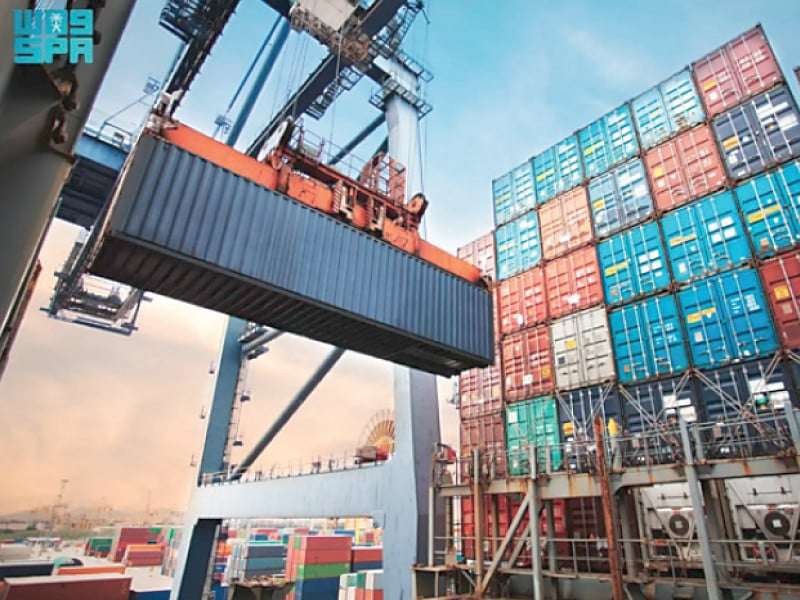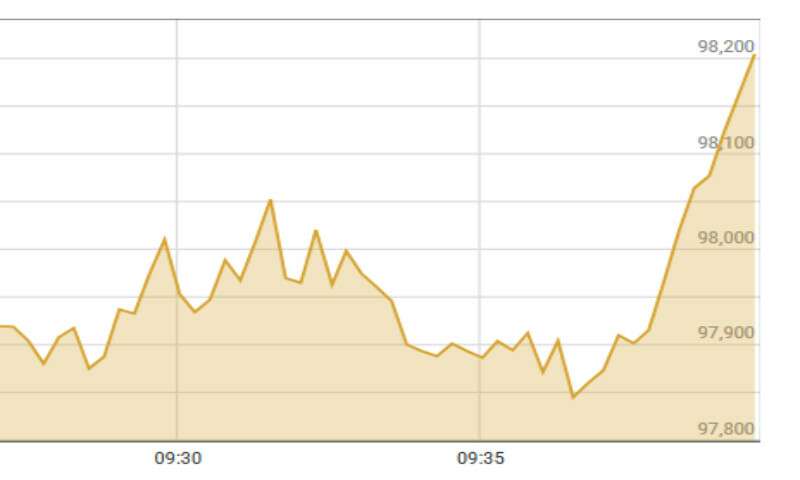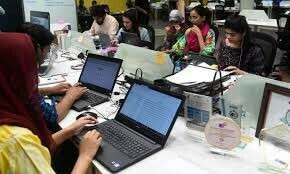Introduction
In a bid to address the significant misuse of the Export Facilitation Scheme (EFS), the government has introduced critical amendments to the 2021 scheme, aiming to curb tax evasion and ensure the proper utilization of resources. This article discusses the key changes introduced, their implications for the manufacturing sector, and the ongoing efforts to strengthen Pakistan’s economic framework.
The Export Facilitation Scheme: An Overview
The Export Facilitation Scheme was launched in 2021 with the primary goal of boosting Pakistan’s export sector. By offering exemptions on duties and taxes for raw materials, spare parts, and other essential inputs, the scheme aimed to make it easier for exporters to operate and compete in international markets.
What was the scheme designed for?
The scheme was intended for a wide range of stakeholders, including exporters, manufacturers-exporters, commercial exporters, and even indirect exporters. It was particularly focused on facilitating the procurement of raw materials and components necessary for production. The scheme was meant to reduce the cost of doing business and ease the tax compliance process for stakeholders in the export industry.
The Issue of Misuse in the Export Facilitation Scheme
Despite its well-intentioned goals, the Export Facilitation Scheme has been marred by widespread misuse, particularly by manufacturers attempting to bypass newly introduced taxes. These manufacturers have been found to import raw materials instead of purchasing them locally, thus evading the newly implemented 18% sales tax.
Manufacturers Misusing the Scheme
The core issue arose when manufacturers began importing raw materials under the EFS to avoid paying the sales tax on locally purchased goods. Once imported, these materials were often resold in local markets, further circumventing tax obligations. This trend put additional strain on the country’s foreign exchange reserves, exacerbating Pakistan’s already critical balance of payments crisis.
Impact on the Economy
The unchecked misuse of the scheme led to an increase in imports and contributed to a growing trade deficit. In January, Pakistan’s imports remained above $5.2 billion for the second consecutive month, leading to an 18% increase in the trade deficit.
Key Amendments to the Export Facilitation Scheme
Recognizing the need for reform, the Economic Coordination Committee (ECC) of the Cabinet approved a series of amendments aimed at preventing further misuse of the scheme. These changes are designed to restore the integrity of the system while still benefiting compliant exporters.
1. Introduction of Bank Guarantees
One of the significant amendments is the replacement of insurance guarantees with bank guarantees for imported raw materials. This move aims to increase accountability and ensure that raw materials are used for their intended purpose in the export production process.
2. Shortening the Utilization Period
The ECC has also shortened the utilization period for imported raw materials from five years to just nine months. If additional time is needed, manufacturers can apply for an extension of up to three months, subject to approval. This change will prevent raw materials from being held indefinitely and resold locally.
3. Stricter Monitoring and Cross-Checking Mechanisms
To ensure that raw materials are used for exports and not diverted to local markets, stricter monitoring mechanisms have been introduced. Relevant authorities will now cross-check input-output ratios against factory production capacity. Additionally, vendor facilitation controls and sample withdrawals will be used to verify whether imported inputs are indeed used in the production of exported goods.
4. Exclusion of Certain Sectors
In a move to curb misuse further, the government has withdrawn the export facilitation scheme for iron, steel, and scrap importers who were found to be extracting copper without adding value. This exclusion is aimed at preventing further exploitation of the scheme for non-export-related activities.
The Future of the Export Facilitation Scheme
The government is committed to reviewing the entire scheme by the end of March to strike a balance between local and imported tax-exempted materials. The Ministry of Commerce has been tasked with evaluating the scheme and ensuring that it does not disproportionately favor imported materials, which has been a key point of concern.
Potential Reforms and Their Implications
A comprehensive review will likely focus on refining the scheme’s provisions to make it more sustainable in the long run. This could include measures to encourage greater use of locally sourced materials while still supporting the export sector. The ultimate goal is to make the scheme more efficient, ensuring that only legitimate exporters benefit while curbing the abuse of tax exemptions.
Additional Government Approvals and Allocations
In addition to the changes in the Export Facilitation Scheme, the ECC also approved significant financial allocations for the procurement of arms and ammunition for anti-smuggling check posts. The government has allocated nearly Rs3 billion for this purpose, signaling its commitment to addressing cross-border smuggling issues and reinforcing national security.
Funds for the Anti-Smuggling Efforts
The allocated funds will be used to enhance anti-smuggling operations by equipping the relevant authorities with the necessary tools and resources. This includes the procurement of arms, ammunition, and the development of Digital Enforcement Stations (DES) to monitor and prevent illegal activities at key check posts.
Construction of Barracks and Check Posts
The ECC also approved the release of Rs494.6 million for the construction of barracks and check posts for Frontier Corps KP (North). These measures aim to improve border security and facilitate smoother operations in high-risk areas prone to illegal activities.
Approval for Reko Diq Project
Additionally, the ECC approved a proposal from the Ministry of Interior for the release of Rs1.8 billion for the smooth execution of activities related to the Reko Diq project. However, the committee has requested a more detailed breakdown of how these funds will be used, as regular allocations had already been made for current expenditures.
Addressing the Tariff Differential Subsidy Claims
The ECC also addressed the issue of tariff differential subsidies related to K-Electric. A mediation agreement concerning these claims was amended to ensure that no tariff increases will occur as a result. This amendment is expected to bring more clarity to the financial settlements between K-Electric and various state-owned enterprises like CPPA/NTDC and SSGC.
Conclusion
The amendments to the Export Facilitation Scheme represent a critical step in curbing misuse and addressing tax evasion in Pakistan’s export sector. By tightening regulations and introducing stricter monitoring mechanisms, the government aims to restore the scheme’s original intent of boosting exports while protecting the national economy. With ongoing reviews and further adjustments, the Export Facilitation Scheme will hopefully evolve into a more sustainable and effective tool for Pakistan’s growth.
FAQs
1. What is the Export Facilitation Scheme?
The Export Facilitation Scheme (EFS) is a government initiative designed to exempt exporters and manufacturers from duties and taxes on raw materials, spare parts, and other inputs required for production.
2. How has the government modified the Export Facilitation Scheme?
The government has replaced insurance guarantees with bank guarantees, shortened the utilization period for raw materials, and introduced stricter monitoring measures to prevent misuse.
3. What impact did the misuse of the scheme have on Pakistan’s economy?
The misuse of the EFS contributed to an increase in imports, exacerbating the trade deficit and straining Pakistan’s foreign exchange reserves.
4. Will the government review the scheme in the future?
Yes, the Ministry of Commerce is scheduled to review the entire scheme by March 2025 to ensure a balanced approach between local and imported materials.
5. How will the changes affect exporters?
Compliant exporters will continue to benefit from the scheme, but the changes will ensure that only legitimate export activities are supported, reducing the risk of tax evasion.


